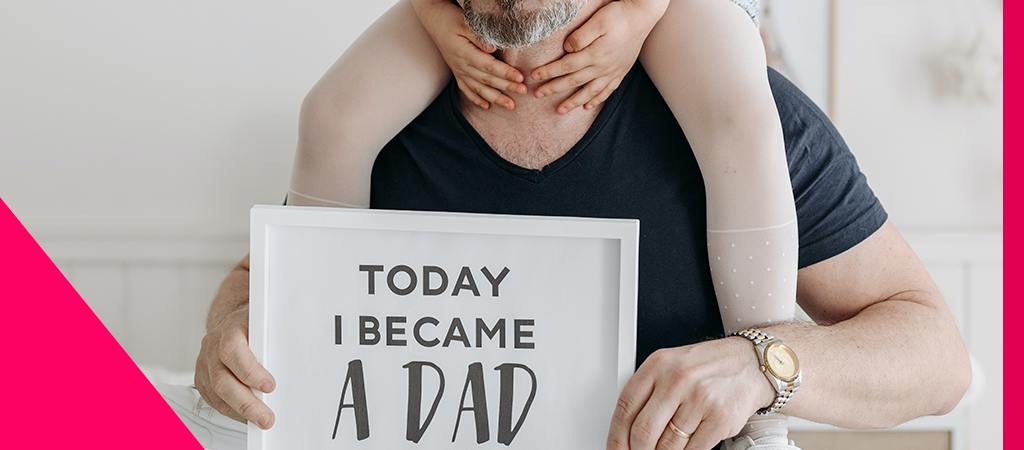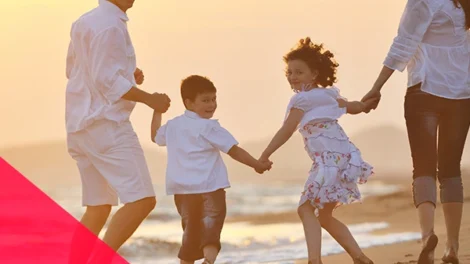Foster parenting helps children without families. Opening their hearts and homes to needy children is a noble and fulfilling act. Foster parenting, especially about the question – can a single person be a foster parent, is widely misunderstood.

In this section, we will discuss foster parenting and the myth that can a single person be a foster parent. Foster parents give traumatized children stability, love, and direction.
We will also show how single people may be excellent foster parents and dispel any myths about their capacity to care for vulnerable youngsters. We can promote inclusivity and encourage more diverse foster parents by recognizing the worth of all caregivers.
Join us as we examine foster parenting and show how anyone, regardless of marital or relationship status, can help needy children.
Table of Contents
Exploring the Possibility of Single Individuals Becoming Foster Parents
Foster parents are often thought to be couples or families. Can a single person be a foster parent? The truth is that yes single individuals have the potential to make a significant impact as foster parents as well.. This section examines the pros and cons of single foster parents.
“Can a single person be a foster parent?” is a frequent query. It is. Many organizations acknowledge that single people can provide a safe and caring home for needy children. More jurisdictions are accepting single foster parents, although each has its own restrictions.
We can learn how individuals can succeed by studying this topic. We will address support systems, financial soundness, emotional preparation, and legal criteria for individual foster parents.
Fostering is wonderful but difficult regardless of marital status. We seek to promote diversity in the foster community and inform single people considering this rewarding journey.
The Legal and Licensing Requirements for Single Individuals to Become Foster Parents
Fostering needs careful consideration and legal and licensing compliance. Single foster parents must grasp the legal requirements for foster care, which vary by jurisdiction.
Can a single person be a foster parent? Singles can foster in several jurisdictions. However, specific requirements and a comprehensive assessment are necessary.
Single foster parents must first seek licensing. Applications, personal references, background checks, and fostering kid training are required. Potential foster parents must also undergo a social worker-led home study.
Single foster parents may face age, financial, and health requirements. To understand local child welfare and licensing laws, consult local agencies.
Social workers will evaluate your living situation, financial stability, emotional readiness, support systems as a single person, and ability to provide a safe and nurturing environment for needy children during the home study.
Being a licensed foster parent does not ensure the placement of children. The child’s requirements and your compatibility with the child’s circumstances determine whether there are acceptable matches.
In conclusion, single people who want to foster children can do so with proper evaluation and certification. Single people can become certified foster parents by learning these requirements and working with local child welfare organizations or licensing authorities.
The Emotional and Financial Challenges Faced by Single Foster Parents
Fostering is joyful and life-changing, but it has its drawbacks. Single foster parents face emotional and financial challenges.
Can a single person be a foster parent? Yes, indeed! Many agencies acknowledge that single people can provide caring and stable homes for needy children. Single foster parents have unique problems.
Single foster parents lack emotional support. Without a partner, raising a child can be emotionally exhausting. Single foster parents need support networks like support groups or therapy to share their experiences.
Single foster parents also need money. Without two salaries, raising children can be difficult. However, wealth can ease this load. Government foster care stipends can help with foster care expenditures. Local foster parent charities may also provide financial support.
In conclusion, being a single foster parent has emotional and financial problems, but support networks are there to help. Successful foster parents are single people with emotional support and financial means.
Support Systems: Can a Single Person Be a Foster Parent?
There are support systems for single foster parents. Foster care agencies have programs and services to support single adults.
Single foster care agencies understand their particular concerns and give specialized training, counseling, and aid throughout the fostering process. These agencies help single foster parents with counseling, financial aid, and resources.
Community organizations aid single foster parents alongside foster care agencies. These groups offer emotional support, experience sharing, and practical help from like-minded people. They may host single foster parent support groups or networking activities.
Community organizations also partner with local companies and service providers to provide childcare, educational sessions, and financial aid. This collaboration aids single foster parents by providing community assistance.
Foster care agencies and community organizations support single foster parents. These support systems work together to give single foster parents the resources and networks they need to succeed.
The Benefits and Rewards of Being a Single Foster Parent Despite the Challenges
Fostering is gratifying and life-changing for singles and couples. Despite hurdles, single foster parents may make a difference.
Can a single person be a foster parent? Yes, indeed! Single people who want to help vulnerable children are welcome at many agencies. Foster parents must be committed, dedicated, and able to meet the child’s requirements, not their marital status.
Single foster parents have problems including balancing work and daily tasks, but the benefits make it worth it. Self-improvement is a major benefit. Single foster parents can grow by taking in needy youngsters. They develop patience, empathy, resilience, and flexibility.
Single foster parents can change a child’s life. Foster children typically have difficult or traumatic backgrounds. Single foster parents help children recover and develop by offering stability, love, and support.
Single foster parents have more decision-making flexibility. Single parents can quickly make decisions that best serve their children without having to confer with another adult partner or navigate complicated partnership dynamics.
In conclusion, being a single foster parent has many perks and challenges. Single people can have a lasting influence on children’s lives by giving them love, stability, and support.
Conclusion: Choosing Single Foster Parenthood Informedly
In conclusion, becoming a single foster parent involves serious thought and self-reflection. Single people can foster children, but they must analyze their preparation, support system, and ability to meet the child’s physical, emotional, and developmental needs.
Single foster parents must balance work, household duties, and kid support. Many single foster parents succeed with proper preparation and support from agencies and community resources.
You must investigate local single foster parenting legislation. Understand single foster parent requirements, training, and support. Join single foster parent support groups to learn from others.
Your tolerance, perseverance, and empathy can help a youngster. Consider your reasons for becoming a foster parent and be ready for emotional problems.
Consider your unique situation and analyze the pros and cons before becoming a single foster parent. Fostering experts can advise you. Fostering is about providing care and a stable environment for children to flourish emotionally and socially.








Add Comment